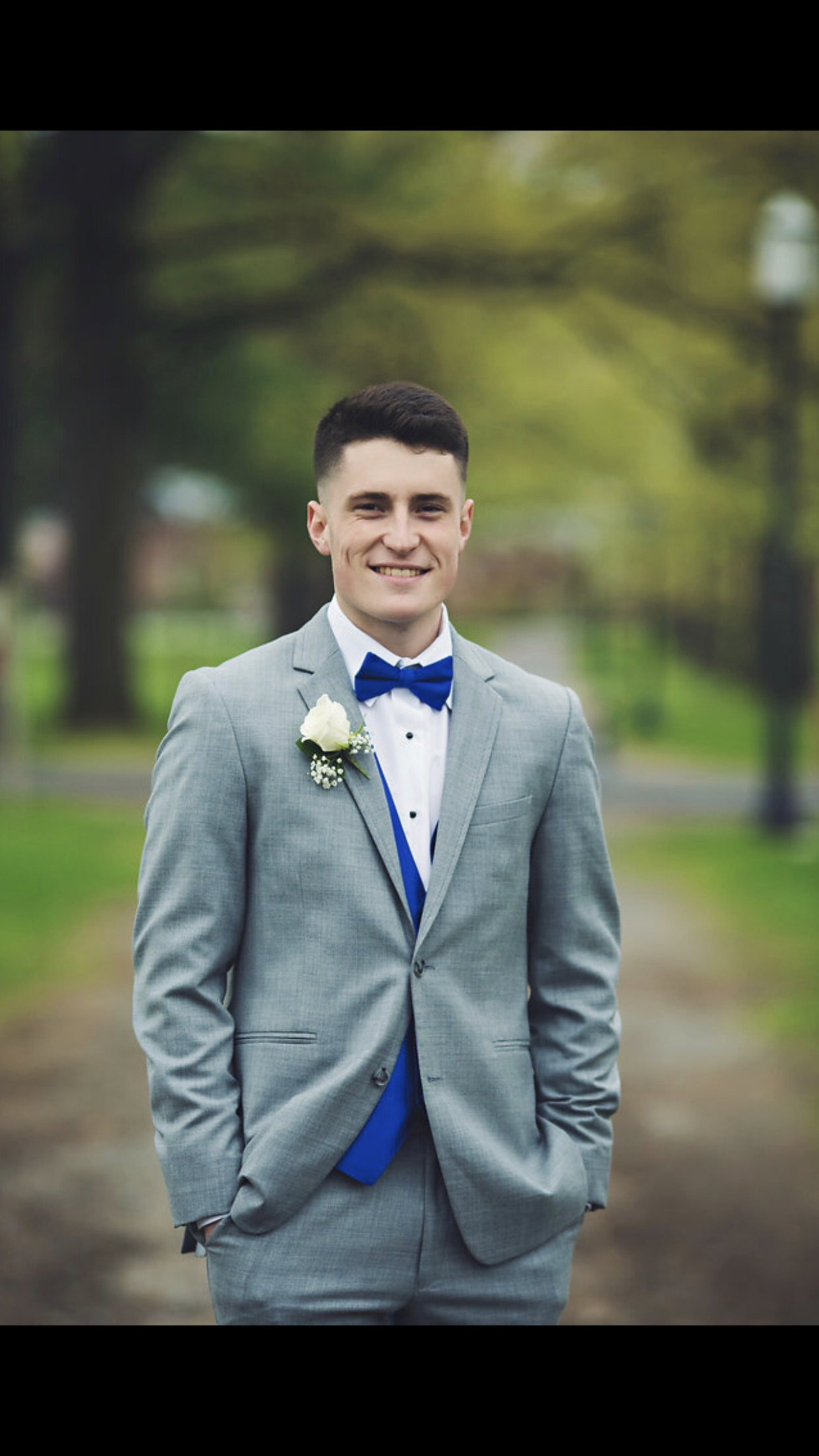When selling high ticket programs, you should have one goal in mind when running paid ad campaigns: Get leads on the phone with you. You will need to close deals over the phone, as almost no one will be willing to pay a high ticket price tag without speaking to you or a member of your team first.
Getting on the phone with leads will build trust and rapport, and ultimately will get you closed deals, course enrollments, and a solid revenue stream.
We’ve found that the easiest way to do this is by setting up a simple funnel to drive traffic from your ads to your calendar. Even though we are always testing new copy and different funnel layouts, there are a few basic things we include in our funnels that you should too:
Our webinar embedded onto the landing page – Once someone lands on our funnel, the goal is that they watch our mini webinar to get a better understanding of our mission and what we offer. We let the webinar do all the talking. Most marketers would put a “gate page” that makes prospects put a name and email first before accessing a webinar, but we like to use the “reverse squeeze page” method.
An eye catching headline in large font – Make sure that your funnel headline catches the eye immediately, and conveys exactly what your offer is as concisely as possible. For example, ours is “Discover EXACTLY How To Launch & Scale Your Own Online Course Business To 6 Or Even 7 Figures”. Nothing is left for interpretation, and anyone viewing the page knows exactly what we offer.
A sub headline summarizing the mini webinar – An even more simplified, straight to the point statement telling leads what will be discussed on the mini webinar. Ours reads, “In this 12 minute video, we’ll show you how to bring in at least $3,000 per student WITHOUT complicated funnels, thousands in ad spend, or a world famous personal brand – as long as you have the knowledge and desire to help more people.”
A large, colorful “click to apply” button- Simple enough. Once someone views the webinar, this button will prompt them to enter their name, email and phone number to capture their information. From there, it will redirect them to an application page, where they will need to fill out a few baseline questions before scheduling a time with our sales team.
Phone call application – Before letting someone book a time on our calendar, we prompt them to fill out a few qualifying questions to make the call go smoother. Our application asks what area of expertise the person has, what their budget is, what goals they have, why they are a good fit, and most importantly, whether or not they are willing to invest time and money into what our program has to offer.
Here is the link to our funnel for reference: https://www.launchyourknowledge.com/start
Once a lead is taken through the funnel, our sales team will qualify them based on their application and then close them over the phone during their call if they are a good fit to work with us.
The main reason a phone call funnel is so effective is because it reframes the psychology of a sale. Rather than us selling our services to someone, we make leads “apply” for a phone call with us.
This not only weeds out any unqualified leads, but it creates the idea that people need to apply to get the chance to work with us. This makes for a much more effective phone call, and hopefully leads to a closed deal over the phone.
If you’re interested in learning more, be sure to stay up to date with our social media channels and read our frequently posted blogs filled with free content and resources.
Free Training: https://www.launchyourknowledge.com/
Instagram: https://www.instagram.com/knowledgexus/
LinkedIn: https://www.linkedin.com/company/knowledgexusa/
Facebook: https://www.facebook.com/knowledgexus/

